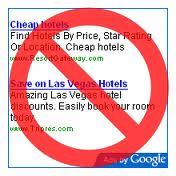Often a parent of a young person
looking for a job will help get them in the door at the company or
place they work at. Other times, it might be a friend that tells you
about an opening at their work and recommends to the supervisor that
they hire you. If you don't have connections like these, or at least
not in the career area you are pursuing, it can be very difficult to
get hired.
Another topic of discussion is salary
or how much you get paid for a job. I find that there is a wide
range of different salaries and they are not always equivalent to the
difficulty of the work. Some very strenuous jobs pay very little
while some other jobs that might be easier can pay a lot more.
So you say, why would anyone pick the
hard low paying job over the easier high paying job? The answer is
because they don't have a choice. Many people are limited by things
such as education, disabilities, and resources. They are forced to
take lower paying jobs because of these limitations that are often
beyond their control.
Personality and appearance are also
important qualities when it comes to being hired. Usually when you
interview for a job, the person interviewing you will be someone you
work with on a daily basis. Because of this, the interviewer will
hire someone they like. If 2 potential candidates have similar
qualifications, it will come down to personality and who made a
better impression.
This can also be a limitation for
people who may not have good social skills or struggle when talking
with people in a stressful situation. Like personality, appearance
often has an effect on the likelihood of getting hired. You can do
your best to look good and dress well, but some things you just
cannot change.
Overall the job process is not fair,
but as they say, life is not fair. All you can do is work hard and
try your best to use your abilities to make the most out of what you
have.




